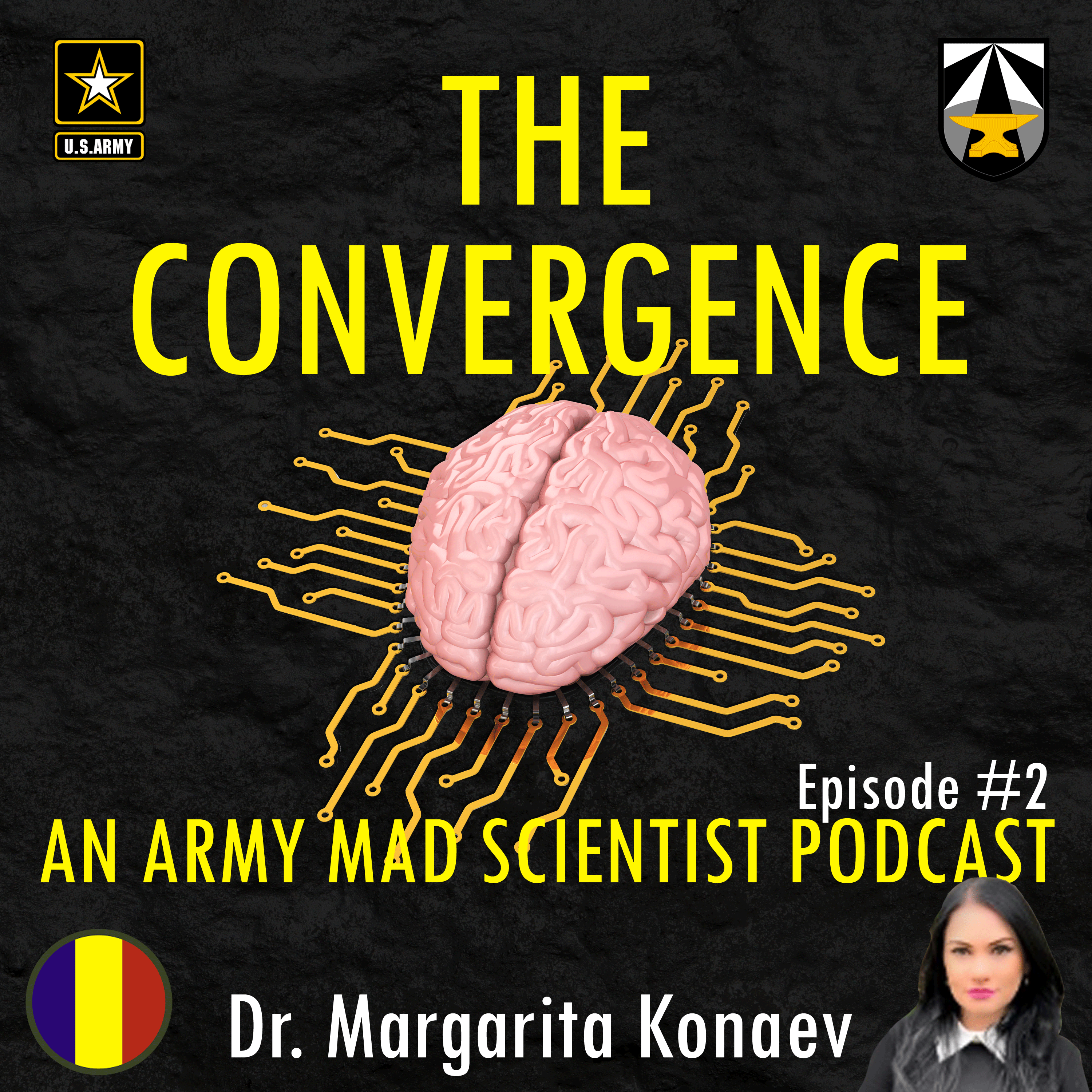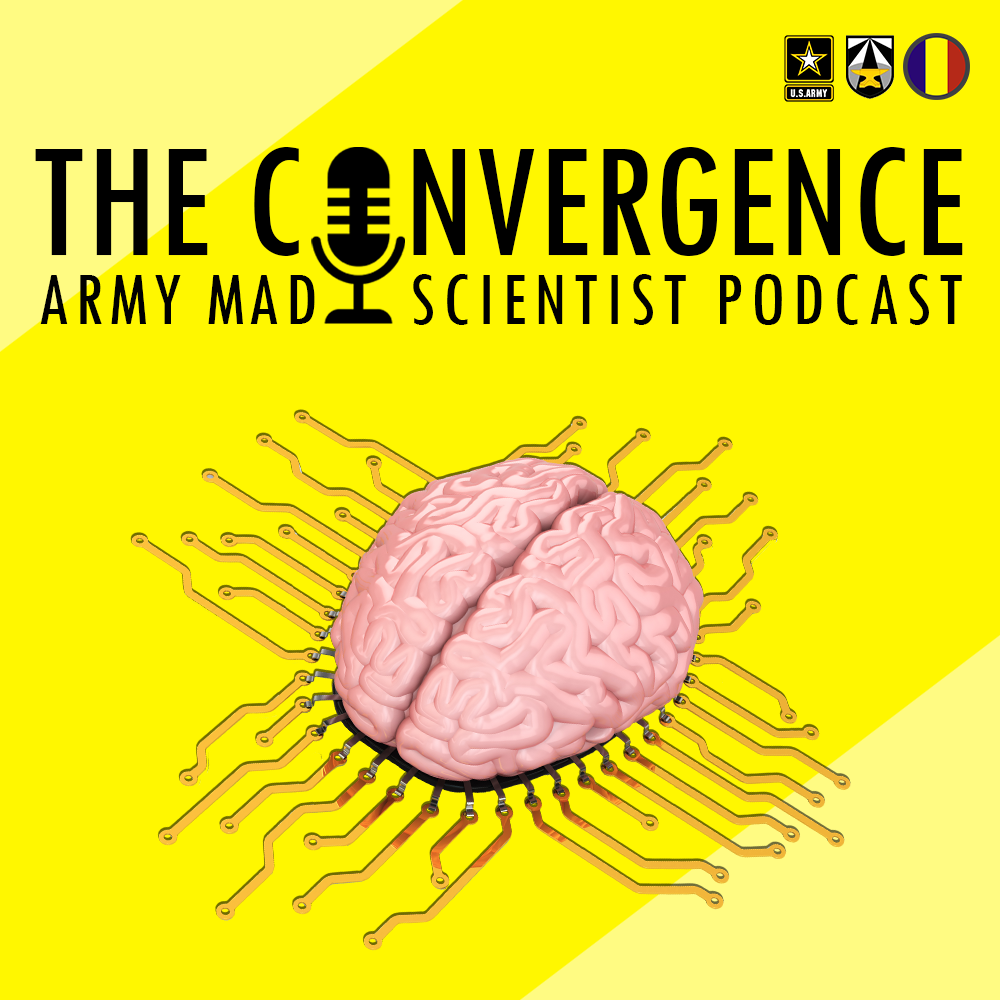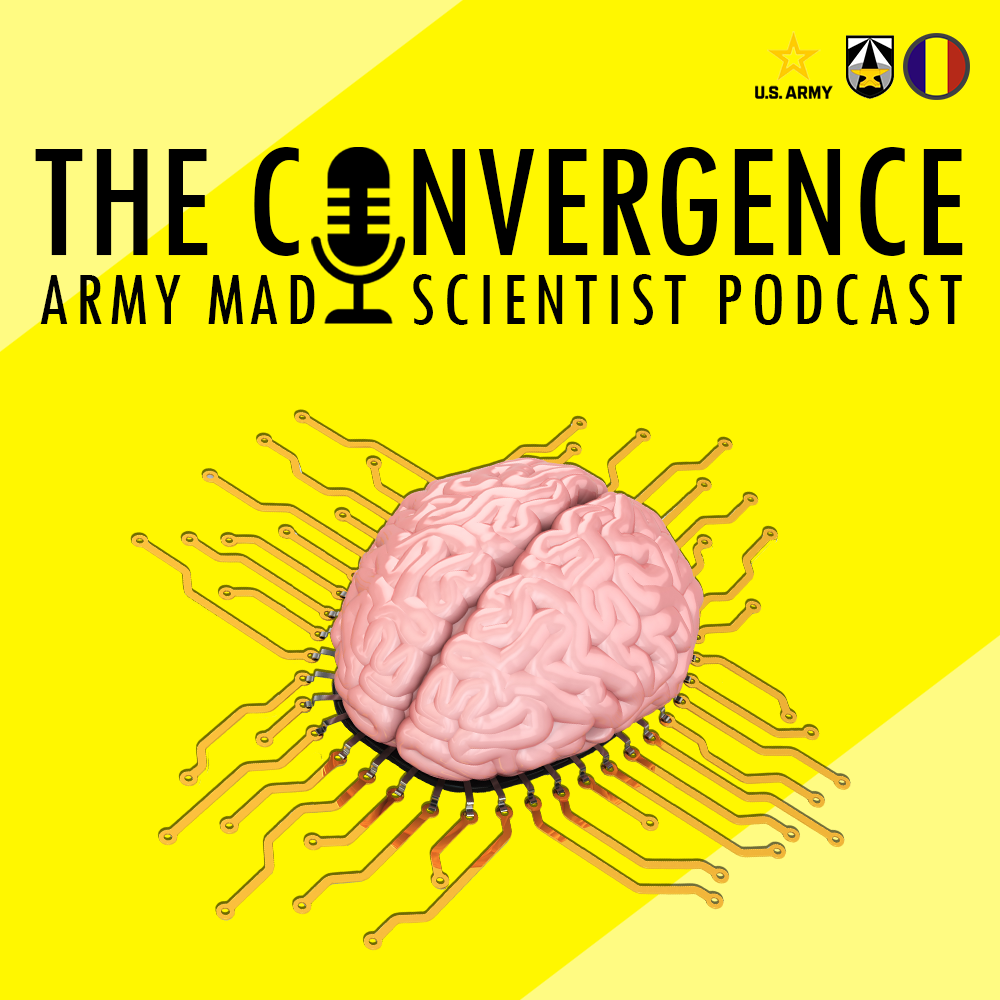[Editor’s Note: As we reported earlier this month, “The Operational Environment is increasingly lethal with the ubiquity of sensors and proliferation of battlefield automation facilitating effective precision and massed strike capabilities. Forces that can be sensed are targeted, and if targeted, are destroyed or rendered inoperable. ” This increasingly transparent battlespace has been wrought by the democratization and convergence of commercial satellite imagery, inexpensive Unmanned Aerial System (UAS)-borne sensing platforms, and the Internet of Everything and Everyone. The resulting web of networked sensors could usher in the end of covert movement for combat units and their associated command and control and logistical support nodes, and with that spell the demise of strategic and operational deception and surprise.
This battlespace transparency is driving a renewed quest for concealment. In today’s episode of The Convergence podcast, we sit down with Dr. Andrea Alù to discuss the reality of invisibility, the science behind metamaterials, and the associated possibilities for the U.S. Army.
[If the podcast dashboard is not rendering correctly for you, please click here to listen to the podcast.]
Andrea Alù is a Distinguished Professor, founding director of the Photonics Initiative at the CUNY Advanced Science Research Center, Einstein Professor of Physics at the CUNY Graduate Center, and Professor of Electrical Engineering at The City College of New York. He is affiliated with the Wireless Networking and Communications Group and the Applied Research Laboratories, both based at the University of Texas at Austin, where he is a Senior Research Scientist and Adjunct Professor. His research interests span a broad range of technical areas, including applied electromagnetics, nano-optics and nanophotonics, microwave, THz, infrared, optical and acoustic metamaterials and metasurfaces, plasmonics, nonlinearities and nonreciprocity, cloaking and scattering, acoustics, optical nanocircuits and nanoantennas.
Army Mad Scientist sat down with Dr. Alù to discuss the reality of invisibility, the science behind metamaterials, and the associated possibilities for the U.S. Army. The following bullet points highlight key insights from our conversation:
Stay tuned to the Mad Scientist Laboratory for our next episode of The Convergence podcast on 14 December 2023!
If you enjoyed reading this post, please also see our discussions regarding Concealment in the Fundamental Questions Affecting Army Modernization and Finders vs Hiders in Timeless Competitions…
… as well as the following related content:
Nowhere to Hide: Information Exploitation and Sanitization
War Laid Bare and Decision in the 21st Century, by Matthew Ader
Warfare in the Parallel Cambrian Age by Chris O’Connor
Integrated Sensors: The Critical Element in Future Complex Environment Warfare, by Dr. Richard Nabors
The Operational Environment’s Increased Lethality
Democratized Intelligence, by Kate Kilgore
Death From Above! The Evolution of sUAS Technology and associated podcast, with COL Bill Edwards (USA-Ret.)
Unmanned Capabilities in Today’s Battlespace
Top Attack: Lessons Learned from the Second Nagorno-Karabakh War and its associated podcast, as well as Sooner Than We Think: Command Post Survivability and Future Threats and its associated podcast, both with COL John Antal (USA-Ret.)
Insights from Ukraine on the Operational Environment and the Changing Character of Warfare
Disclaimer: The views expressed in this blog post do not necessarily reflect those of the U.S. Department of Defense, Department of the Army, Army Futures Command (AFC), or Training and Doctrine Command (TRADOC).

The second episode of The Convergence features Dr. Margarita Konaev, Research Fellow at Georgetown University's Center for Security and Emerging Technology (CSET). Dr. Konaev...

In today’s post and podcast, we feature the winning submission from our Back to the Future Writing Contest — Task Force Wolf — as...

[Editor’s Note: Last week’s Mad Scientist Laboratory post featured an assessment by U.S. Army War College student LtCol Erik Keim (USMC) that “militaries will...